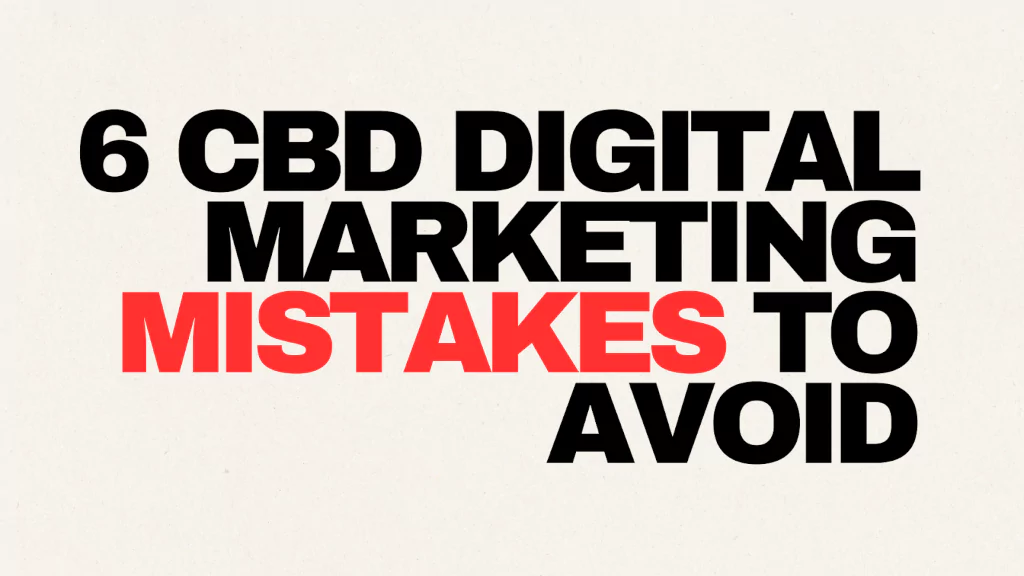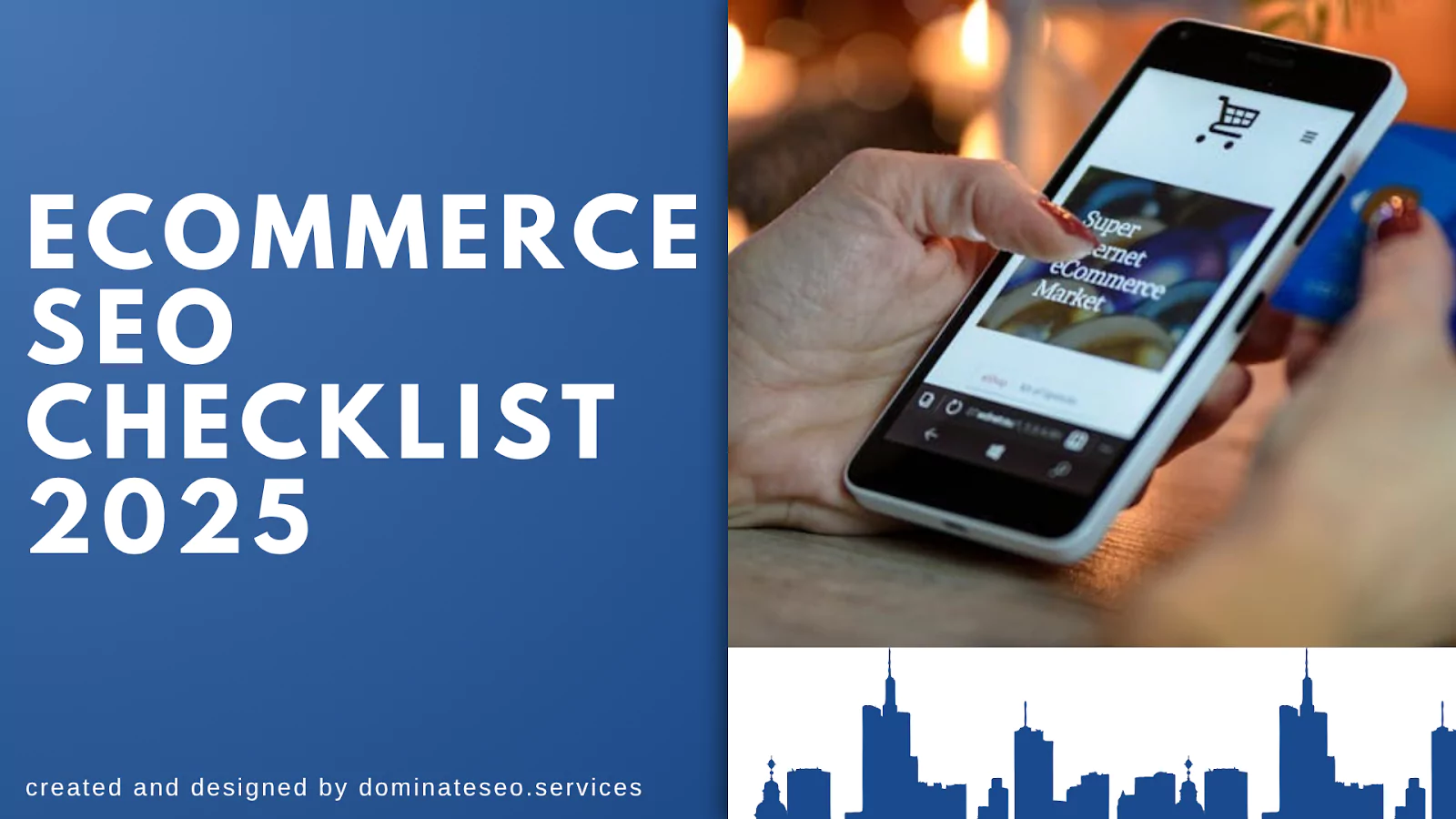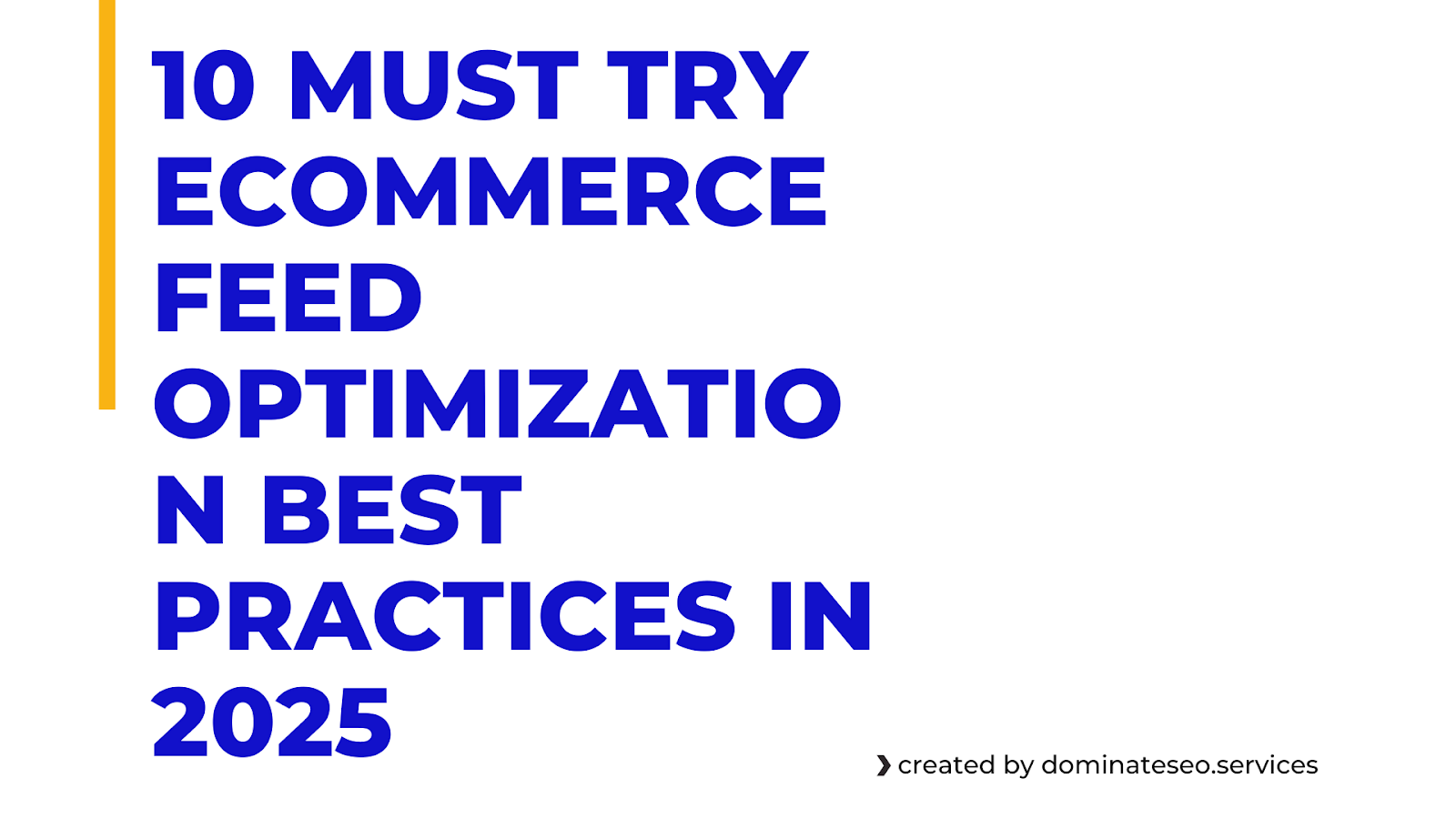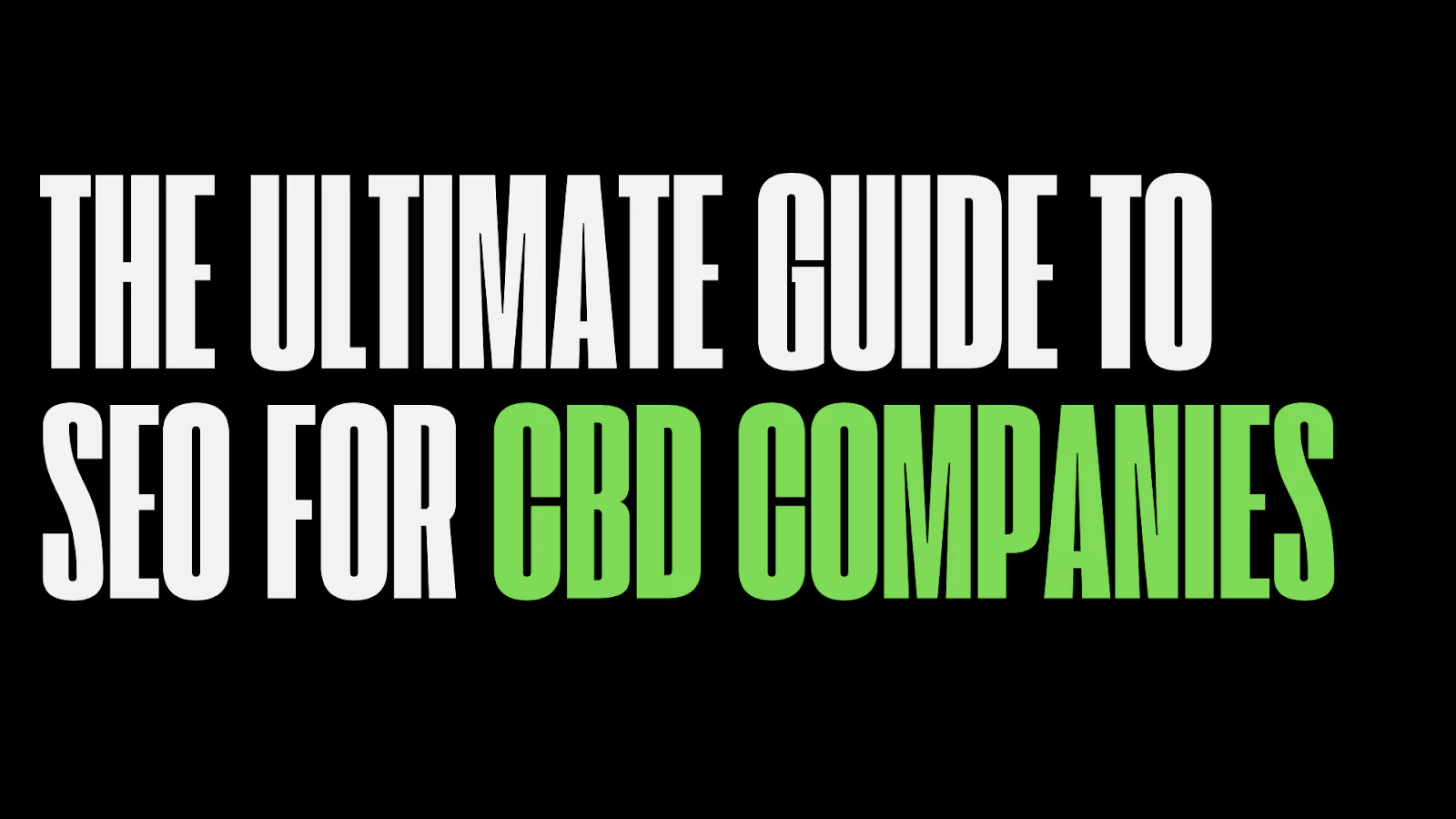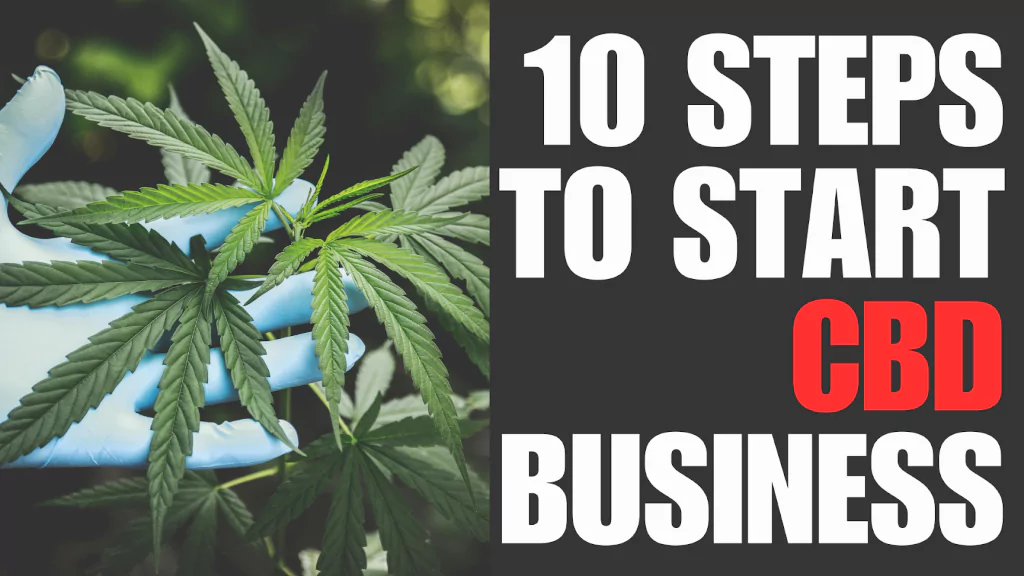
Table of Contents
- Introduction
- Step 1: Understanding the CBD Industry
- Step 2: Choose Your CBD Niche
- Step 3: Understand the Legal Requirements
- Step 4: Develop a Business Plan
- Step 5: Source High-Quality CBD Products
- Step 6: Secure a Business License and Permits
- Step 7: Create Your CBD Brand
- Step 8: Build an Online Presence
- Step 9: Develop a Marketing Strategy
- Step 10: Manage Your Finances Wisely
- Key Takeaways
- Common Questions About Starting a CBD Business
Introduction
Starting a CBD business can be a lucrative venture, especially as the demand for CBD products continues to grow worldwide. With consumers becoming more health-conscious, CBD online business has become a popular choice. However, it is essential to approach this industry with the right knowledge, preparation, and strategy.
Success in the CBD business depends on understanding regulations and product quality. You must research local laws and ensure your products comply. Proper planning and compliance can save you from legal issues.
In this guide, we will walk you through the process of how to start a CBD business in just 10 simple steps. Whether you want to launch a CBD eCommerce store or establish a physical shop, this guide will help. Follow each step carefully for a successful launch.
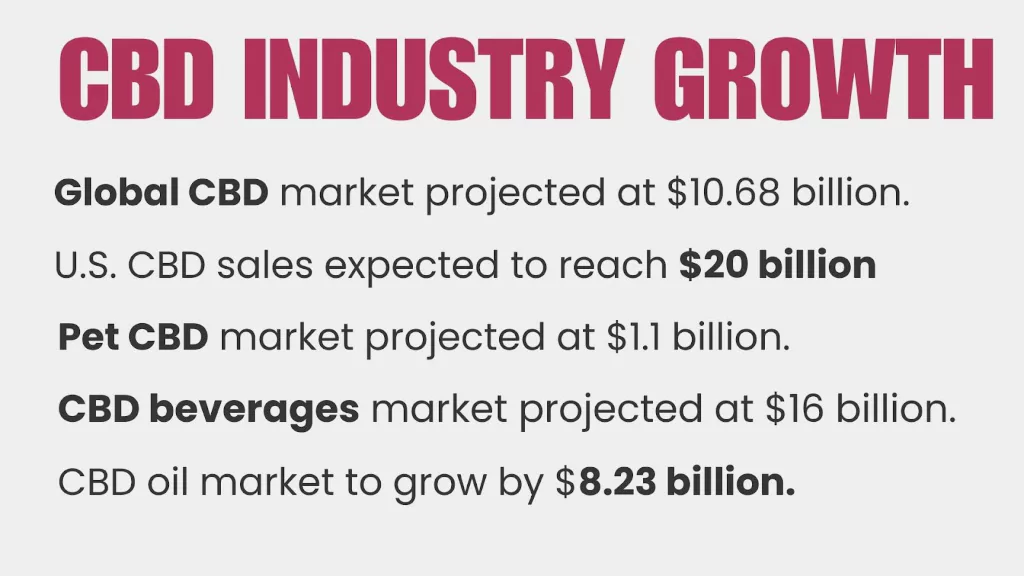
Step 1: Understanding the CBD Industry
Before you dive into starting a CBD business, it is crucial to understand the CBD industry itself. Cannabidiol (CBD) is a compound derived from the cannabis plant, known for its potential health benefits. These benefits include pain relief, anxiety reduction, and improved sleep quality.
The CBD business offers a wide range of opportunities, from CBD oils and tinctures to edibles and topicals. You can also explore the CBD pet products market, which is rapidly growing. Understanding the variety of products helps you decide your focus.
Step 2: Choose Your CBD Niche
Choosing the right niche is the foundation of your CBD business. You can specialize in CBD oil for wellness, CBD skincare products for beauty enthusiasts, or CBD gummies for those seeking an easy, tasty way to consume CBD. Alternatively, you can offer a combination of these products.
By defining your niche, you not only focus your marketing efforts but also differentiate your brand in the competitive CBD industry. Clear branding and targeted products will make your CBD eCommerce store stand out, attracting loyal customers who trust your expertise.
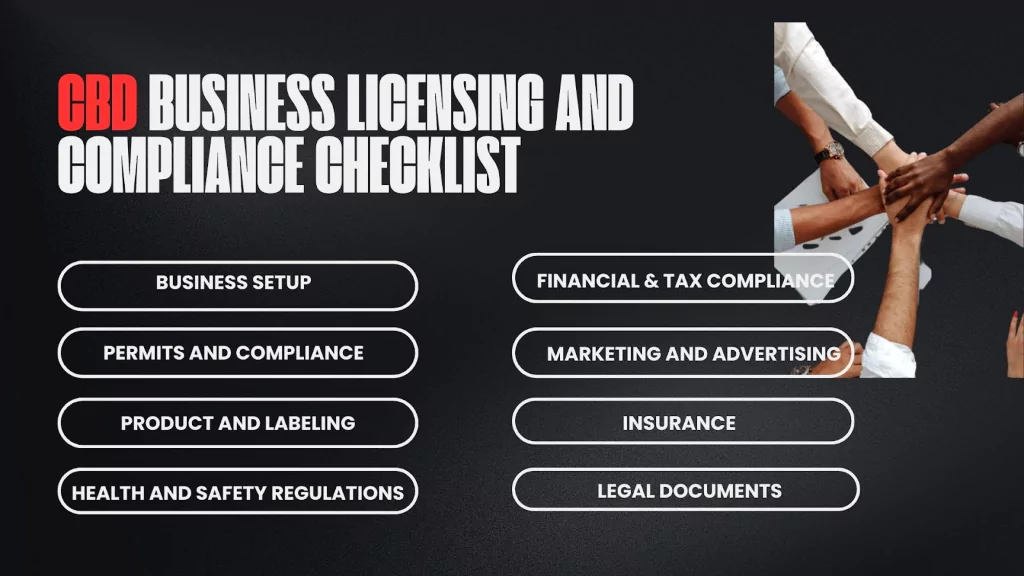
Step 3: Understand the Legal Requirements
Starting a legal CBD business means understanding and following all regulations. The 2018 Farm Bill legalized hemp-derived CBD products with less than 0.3% THC in the United States. However, compliance doesn’t end there.
Each state has its own rules for CBD business operations, including labeling, testing, and distribution. Research your state’s specific regulations carefully. Compliance ensures your CBD business remains lawful and protects you from fines or shutdowns.
Step 4: Develop a Business Plan
A well-structured business plan is essential for any startup, especially for a CBD business. It serves as your roadmap, guiding every decision you make. Start by defining your goals, identifying your target market, and specifying your product range.
Your CBD business plan should also include a detailed marketing strategy and clear financial projections. This will not only keep you on track but also help you secure funding from investors or loans. A solid plan builds confidence in your CBD business startup.
Step 5: Source High-Quality CBD Products
Quality is crucial in the CBD industry. Whether you manufacture your own products or source them from suppliers, quality should be your top priority. Always choose CBD products that are third-party tested for purity and potency.
Partner with reputable suppliers who comply with industry standards. Verify that they use high-quality hemp-derived CBD and maintain ethical manufacturing practices. A commitment to quality builds trust with your customers and strengthens your CBD business brand.
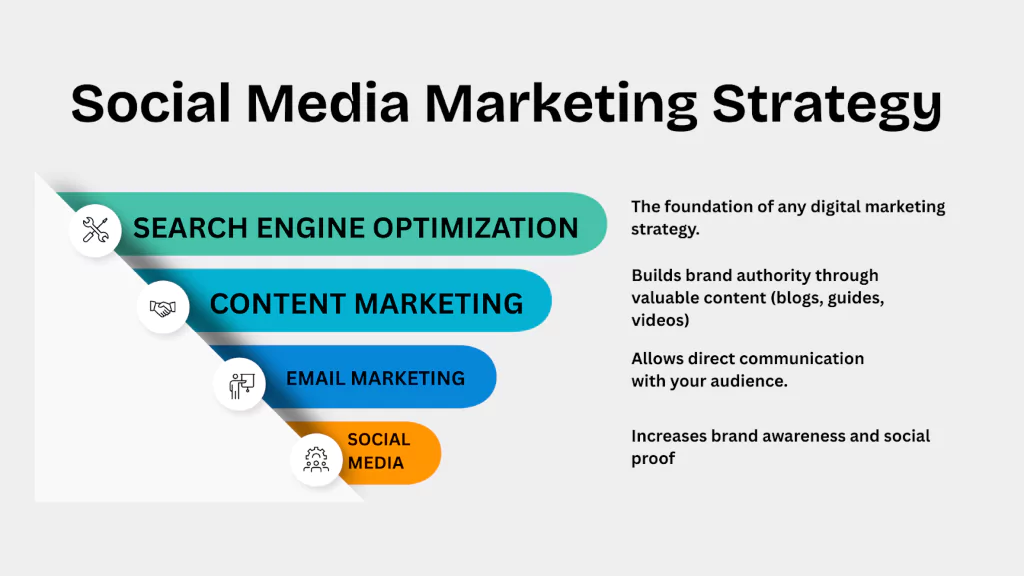
Step 6: Secure a Business License and Permits
Depending on your location, you may need specific licenses and permits to operate a CBD business. Start with a general business license, which is required for most businesses. You may also need a resale license if you plan to sell CBD products directly to consumers.
In some states, a cannabis-related permit is mandatory for selling CBD products, especially if they contain THC. Check your state’s regulations carefully. Ensuring you have the proper licenses protects your CBD business startup from legal issues.
Step 7: Create Your CBD Brand
Your brand is your business identity. It is what sets your CBD business apart in a crowded market. Start by designing a memorable logo that reflects your brand’s values. Choose brand colors that resonate with your target audience.
Create a compelling brand story that tells customers why your CBD products are special. Whether you focus on natural wellness, luxury skincare, or affordable relief, your branding should communicate your unique value. Strong branding builds recognition and loyalty for your CBD eCommerce store.
Step 8: Build an Online Presence
In today’s digital world, an online presence is crucial for any business, especially a CBD business. Start by creating a professional website that showcases your products and brand story. Make sure it is user-friendly and visually appealing.
Set up social media profiles to connect with your audience. Use platforms like Instagram, Facebook, and Twitter to share content and engage with customers. If you plan to sell online, launching a CBD eCommerce store is a must. Optimize your website for SEO using keywords like "CBD business", "CBD business starter kit", and "CBD online business." This helps you rank higher in search results and attract more customers.
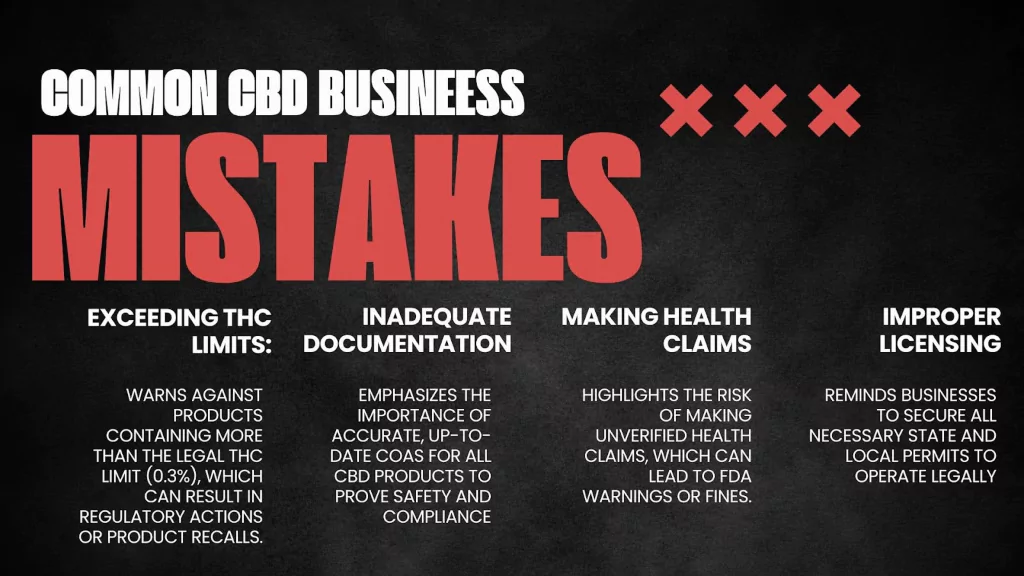
Step 9: Develop a Marketing Strategy
Your marketing strategy should be multi-channel, combining content marketing, social media marketing, email marketing, and paid advertising. Start with content marketing by creating educational blog posts, videos, and guides about CBD products and their benefits.
Leverage social media to engage your audience. Share visually appealing content, post customer testimonials, and run promotions. Collaborate with influencers who can authentically promote your CBD business. Use SEO techniques to boost your website’s visibility, and consider paid ads for faster growth. A well-rounded strategy ensures consistent traffic to your CBD eCommerce store.
Step 10: Manage Your Finances Wisely
Effective financial management is crucial for the long-term success of your CBD business. Start by monitoring your expenses carefully. Track costs for sourcing products, manufacturing, marketing, and shipping. Maintaining clear records is essential.
Manage your cash flow to ensure your business remains profitable. Set aside funds for taxes, as your CBD business will have tax obligations depending on your location. Use accounting software to streamline your financial tracking, making it easier to understand your profit margins and optimize your spending.
Key Takeaways
Starting a CBD business can be a profitable venture if approached with careful planning and a clear strategy. Begin with a solid understanding of the CBD industry, including compliance with all legal regulations. Prioritize quality by partnering with reputable suppliers and ensuring your products are third-party tested.
Your brand is your identity-make it memorable, consistent, and aligned with your target audience’s values. Whether you launch an online store or a physical location, focus on building customer trust. A well-planned CBD business startup can lead to long-term success in this rapidly growing market.
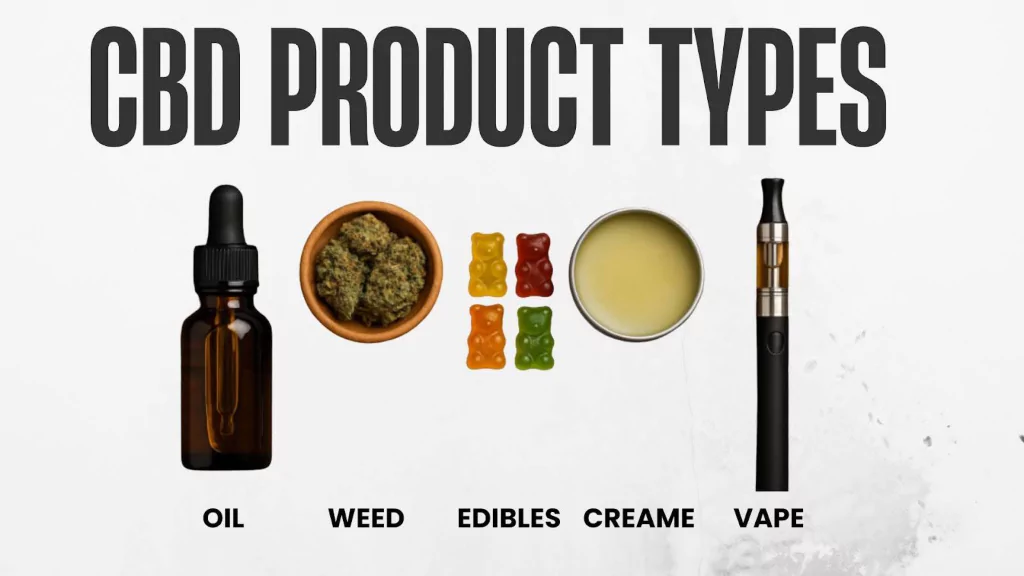
Common Questions About Starting a CBD Business
Q: What are the most popular types of CBD products to sell?
A: Popular options include CBD oils, tinctures, gummies, skincare products, pet treats, and capsules.
Q: How do I choose the right supplier for my CBD products?
A: Look for suppliers with a proven track record, third-party lab testing, and compliant manufacturing practices.
Q: Can I sell CBD products internationally?
A: It depends on the destination country’s laws. Some countries restrict or ban CBD products, so always research regulations before selling internationally.
Q: What payment processors can I use for my CBD business?
A: Many traditional payment processors restrict CBD sales, but specialized providers like Square, PayPal (in some regions), and merchant processors for high-risk businesses are available.
Q: How can I differentiate my CBD brand from competitors?
A: Focus on unique formulations, sustainable packaging, transparent lab reports, and personalized customer service. Developing a strong brand identity also helps.
Q: What licenses do I need to sell CBD products?
A: This depends on your location. Typically, you need a general business license, a seller’s permit, and state-specific cannabis or hemp licenses.
Q: What are the most popular types of CBD products to sell?
A: Popular options include CBD oils, tinctures, gummies, skincare products, pet treats, and capsules.
Q: How do I choose the right supplier for my CBD products?
A: Look for suppliers with a proven track record, third-party lab testing, and compliant manufacturing practices.
Q: Can I sell CBD products internationally?
A: It depends on the destination country’s laws. Some countries restrict or ban CBD products, so always research regulations before selling internationally.
Q: What payment processors can I use for my CBD business?
A: Many traditional payment processors restrict CBD sales, but specialized providers like Square, PayPal (in some regions), and merchant processors for high-risk businesses are available.
Q: How can I differentiate my CBD brand from competitors?
A: Focus on unique formulations, sustainable packaging, transparent lab reports, and personalized customer service. Developing a strong brand identity also helps.
Q: What licenses do I need to sell CBD products?
A: This depends on your location. Typically, you need a general business license, a seller’s permit, and state-specific cannabis or hemp licenses.
Q: How do I legally market my CBD products?
A: Avoid making medical claims, ensure accurate product labeling, and comply with FTC guidelines for advertising.
Q: What is the difference between full-spectrum, broad-spectrum, and CBD isolate?
A: Full-spectrum contains all cannabinoids (including THC), broad-spectrum has all except THC, and isolate is pure CBD.
Q: Can I sell CBD products on Amazon or eBay?
A: No, most major platforms, including Amazon and eBay, prohibit the sale of CBD products.
Q: How do I ship CBD products legally?
A: Use a carrier that allows CBD shipping (like USPS or UPS), and ensure all products are hemp-derived with less than 0.3% THC. This depends on your location. Typically, you need a general business license, a seller’s permit, and state-specific cannabis or hemp licenses.
Q: How do I legally market my CBD products?
A: Avoid making medical claims, ensure accurate product labeling, and comply with FTC guidelines for advertising.
Q: What is the difference between full-spectrum, broad-spectrum, and CBD isolate?
A: Full-spectrum contains all cannabinoids (including THC), broad-spectrum has all except THC, and isolate is pure CBD.
Q: Can I sell CBD products on Amazon or eBay?
A: No, most major platforms, including Amazon and eBay, prohibit the sale of CBD products.
Q: How do I ship CBD products legally?
A: Use a carrier that allows CBD shipping (like USPS or UPS), and ensure all products are hemp-derived with less than 0.3% THC.

A professional journalist, entrepreneur, and marketer deeply passionate about content creation and the art of driving traffic. Every campaign is a story, and every click - a connection.


